In recent years, the global fashion landscape has witnessed a significant shift, with emerging markets like Nigeria gaining recognition for their vibrant and innovative designers. These creatives are pushing boundaries, showcasing a unique blend of tradition and modernity that resonates both locally and internationally. The Nigerian fashion industry, once overshadowed by Western fashion capitals, is now a thriving hub where emerging designers are carving out a niche, establishing brands, and making their mark on the global stage.
The Rise of Nigerian Fashion and Nigerian Designers
Nigeria has always had a rich cultural history, and fashion has been a crucial part of that narrative. From the intricate designs of traditional attires like the Agbada, Iro and Buba to the more contemporary urban fashion trends seen on the streets of Lagos, Nigerian fashion reflects a deep sense of identity, creativity, and storytelling. This cultural richness has provided a solid foundation for Nigerian designers to emerge with distinctive styles that combine the old and the new.
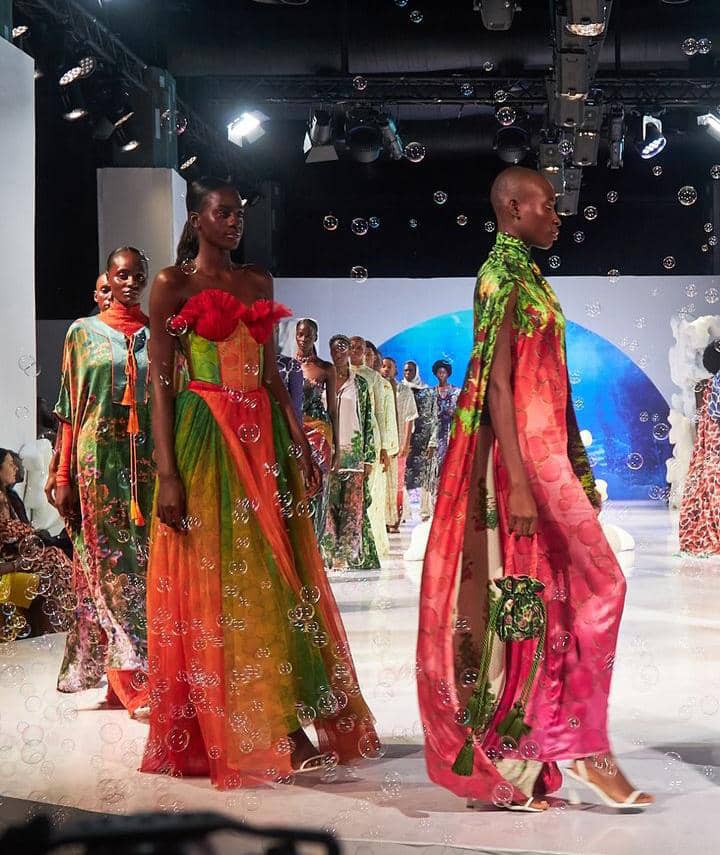
The rise of platforms like Lagos Fashion Week, Arise Fashion Week, and GTBank Fashion Weekend has given emerging designers a platform to showcase their collections to a broader audience, attracting buyers, fashion critics, and enthusiasts from around the world. These events have become pivotal in promoting Nigerian designers and helping them secure a foothold in the international fashion market.
Blending Tradition with Contemporary Style
One of the key aspects that make Nigerian designers stand out is their ability to fuse traditional African elements with contemporary fashion. Designers like Orange Culture, Maki Oh, and Kenneth Ize have gained international acclaim for their innovative use of fabrics, bold patterns, and intricate craftsmanship. Kenneth Ize, for instance, is known for his reimagining of the aso-oke, a traditional Yoruba fabric, into high-fashion pieces that have caught the attention of global fashion icons like Naomi Campbell and Solange Knowles.
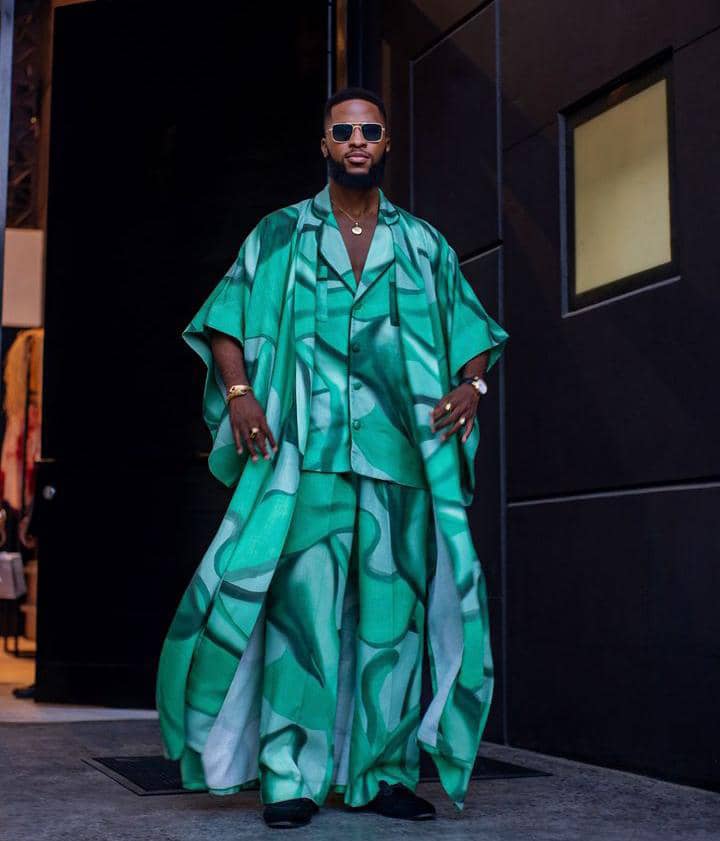
By drawing inspiration from Nigeria’s rich textile heritage and combining it with modern silhouettes, these designers create pieces that not only celebrate their roots but also appeal to the global consumer. This fusion of the traditional and contemporary is at the heart of Nigeria’s fashion renaissance, making its designers stand out in a highly competitive global market.
Navigating Challenges in the Fashion Industry
While Nigerian designers are making waves, the journey is not without challenges. The country’s fashion industry still faces structural issues that hinder growth, such as inadequate infrastructure, limited access to high-quality materials, and financial constraints. Many designers struggle with the high costs of production, as most fabrics and raw materials are imported due to a lack of local manufacturing facilities. This increases the cost of creating collections, making it difficult for emerging brands to scale up and compete internationally.
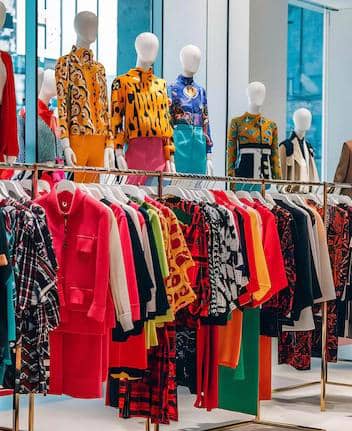
In addition, the fashion ecosystem in Nigeria lacks a robust retail infrastructure. Many designers rely on social media platforms and personal networks to sell their pieces, as there are few established retail spaces or e-commerce platforms tailored to the needs of Nigerian fashion brands. This makes it harder for designers to reach a global audience and limits their growth opportunities.
Despite these hurdles, Nigerian designers continue to innovate and push the boundaries of what is possible. The rise of digital platforms and e-commerce is gradually changing the landscape, allowing designers to reach customers directly and bypass some of the traditional barriers.
The Role of Collaboration and International Exposure
Collaboration and international exposure have played a significant role in the success of Nigerian designers. Many have gained prominence by collaborating with international brands or showcasing their work at prestigious fashion events. For instance, Maki Oh has dressed in high-profile personalities like former U.S. First Lady Michelle Obama and has been featured in top fashion publications like Vogue and Elle. These collaborations provide much-needed visibility and help position Nigerian designers as key players in the global fashion industry.
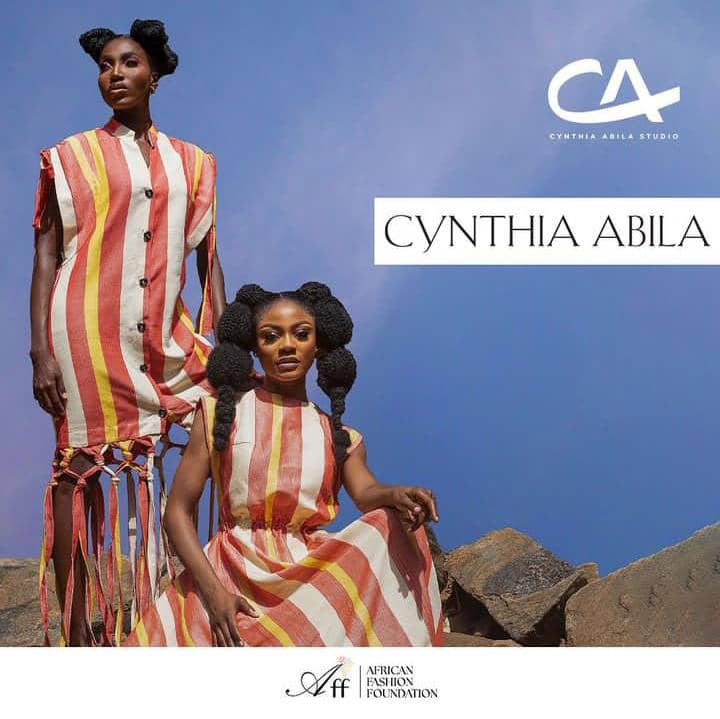
Moreover, initiatives like the African Fashion Foundation and the Fashion Focus Fund are helping to provide financial and mentorship support to emerging designers. These platforms offer opportunities for designers to access funding, learn from industry experts, and network with key stakeholders, further boosting their chances of success.
The Future of Nigerian Fashion
The future of Nigerian fashion looks bright as more emerging designers continue to make their mark both locally and internationally. With the rise of sustainable and ethical fashion, many Nigerian designers are also championing these values by embracing slow fashion, using locally sourced materials, and promoting fair labour practices. This not only sets them apart in the global fashion industry but also aligns with the growing demand for conscious fashion.
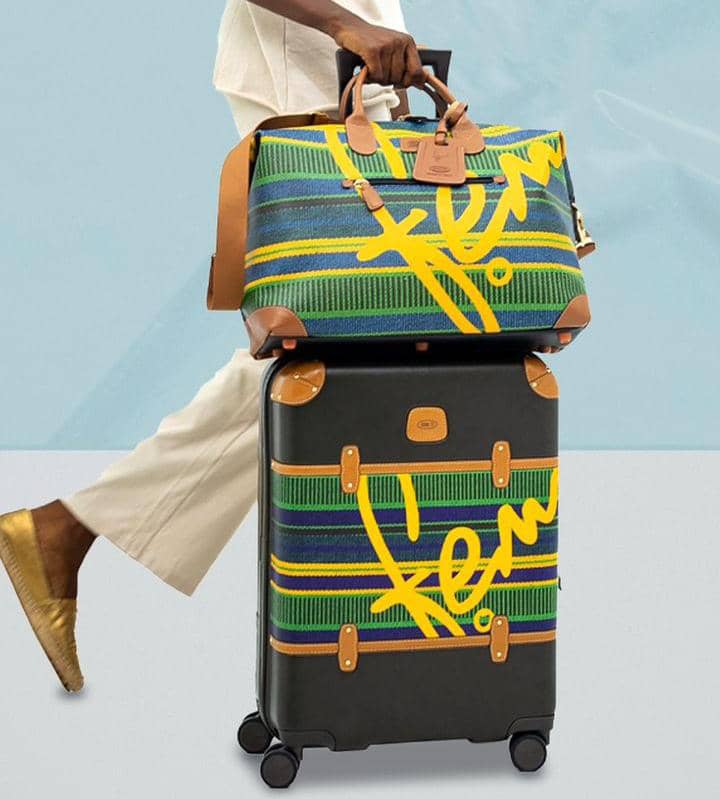
As the global fashion industry becomes more inclusive and diverse, Nigerian designers are well-positioned to take advantage of the opportunities that come with this shift. Their unique blend of culture, craftsmanship, and contemporary design ensures that Nigerian fashion will continue to gain momentum on the global stage.
